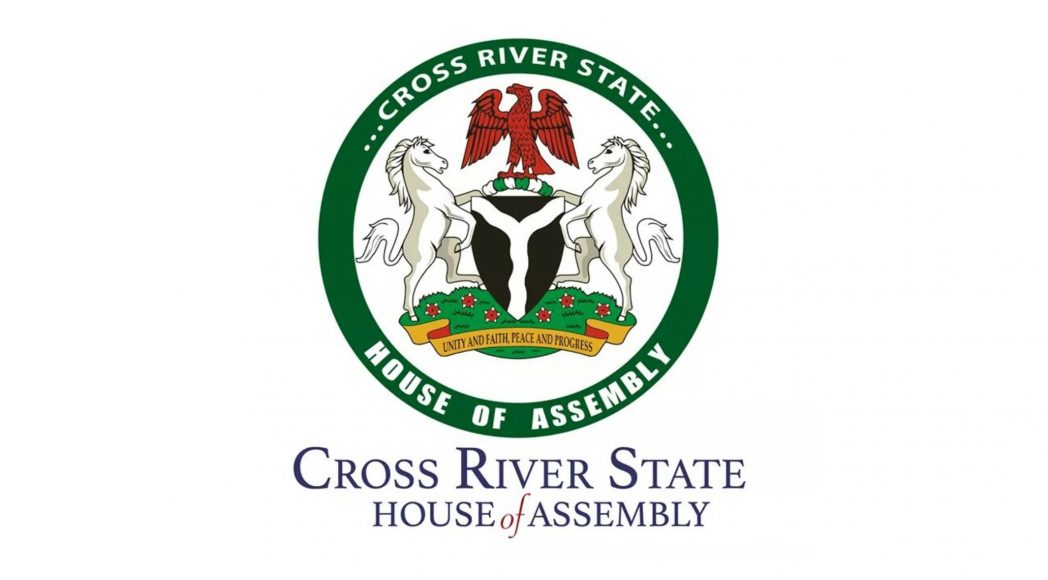Niger Delta
CRSG Set To Monitor Prices Of Foodstuffs

All is now set by the Cross River State Government to monitor the price/sales of consumer products so as to prevent consumers from unnecessarily being exploited by middlemen taking undue advantage of the present situation in country.
This is sequel to outcry by residents in the state that they are being exploited by middlemen following the observance of the stategovernment order of ‘stay at home.’
The Director General, Cross River State Consumer Protection/Control Agency (CPC), Prince Charles Ushie, disclosed this while fielding questions from journalists shortly after stepping out from stakeholders meeting which he held with heads of traders unions in Calabar.
As part of measures to curb the traders excesses, Ushie said a taskforce on price monitoring, comprising of representatives of trade unions, Peace Corps and the Civil Defence will be inaugurated.
On why the agency is set up, Ushie traced the reasons to hike in prices of food stuffs, which includes garri, rice and palm oil which prices were not supposed to go haywire because there are
being produced in the state stressing that it was satanic for anyone to exploit consumers in a critical times like this when families are battling to survive with the meagre resources at their disposal.
The DG advocated for the use of nose and mouth masks, frequent hand washing with soap and running water, social distancing and maintenance of personal hygiene so as not to be infected with the coronavirus disease which has claimed many lives in the last few months.
He further maintained that foodstuffs are not part of the Covid-19 lockdown as the State Governor, Prof. Ben Ayade, in his directives exempted consumables and those on essential services.
Prince Ushie, however, frowned at the prices of commodities like Garri, Rice, Palm Oil adding that medicines to rise is very unfortunate and called for urgent attention to be given to issues related to the tackling of hunger/starvation so that hunger doesn’t take over from the Covid-19 virus.
By: Friday Nwabara, Calabar
Niger Delta
Tinubu, Jonathan, Diri Pay Last Respect To Ewhrudjakpo

Niger Delta
Stakeholders Task INC Aspirants On Dev … As ELECO Promises Transparent, Credible Polls

Niger Delta
Okpebholo Assures Corps Members Of Improved Welfare

-

 Politics4 days ago
Politics4 days agoPFN Rejects Call For INEC Chairman’s Removal Over Genocide Comments
-

 Rivers4 days ago
Rivers4 days agoFasthire, PHCCIMA, CIPM Host CareerFest 2026 In PH
-

 Sports4 days ago
Sports4 days agoEnekwechi wins Orlen Cup in season opener
-

 Politics4 days ago
Politics4 days agoHoodlums Disrupt LP-ADC Defection Event In Lagos
-

 Sports4 days ago
Sports4 days agoSimba open Nwabali talks
-

 Sports4 days ago
Sports4 days agoFalconets, Senegalese Lionesses arrive Ibadan for qualifier
-

 Politics4 days ago
Politics4 days agoRemoval From INEC’s Portal, Abure-Led LP Faction Mulls Legal Action
-

 Niger Delta4 days ago
Niger Delta4 days agoTinubu, Jonathan, Diri Pay Last Respect To Ewhrudjakpo

